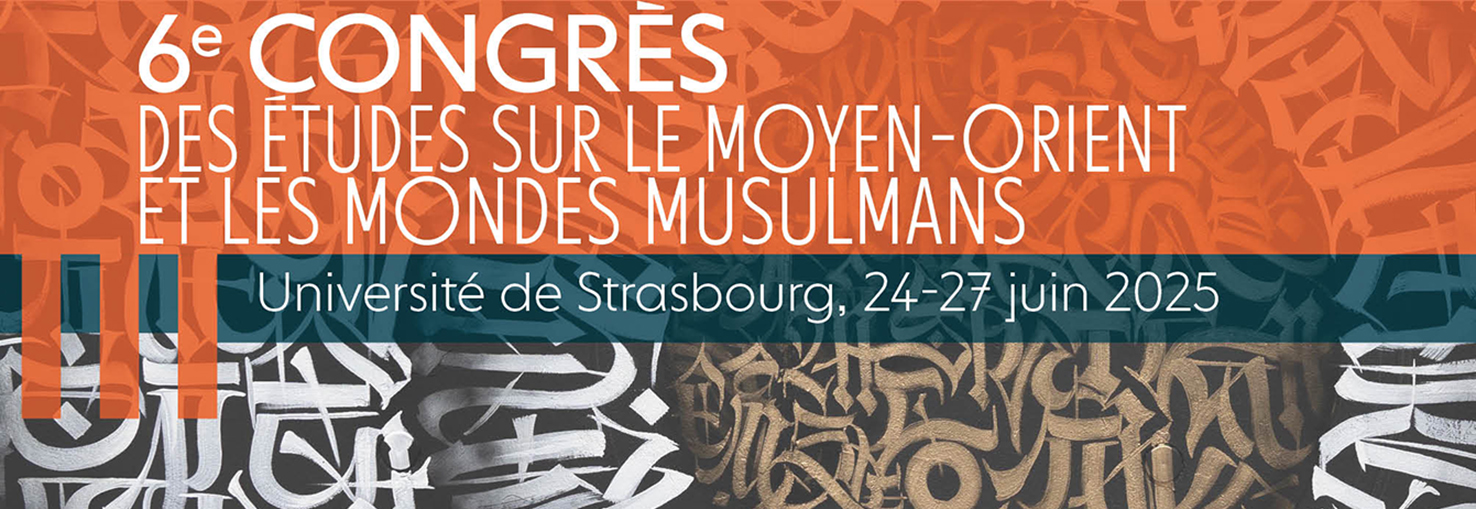Vendredi 27 juin 2025, 8h30-13h, salle 3204
RESPONSABLE ET DISCUTANTE :
Lovisa Berg (Dalarna University)
INTERVENANTS DE L'ATELIER 1 :
Stephan Milich (University of Cologne) : Inter-religious coexistence under continuously traumatic conditions in Fawwaz Haddad's novel Yaum al-hisāb (Day of Judgement, 2021)
Alessandro Columbo (University of Westminster) : Trauma and memory in Khalid Khalifa's posthumous novels
Alma Abou Fakher (Cermom, Ifpo) : Anatomie de la survie dans Maqām al-Rīh (La Demeure du vent) de Samar Yazbek
Lovisa Berg (Dalarna University) : Memory, trauma, and resistance in Nuzūh Miryam by Mahmūd Hassan al-Jāsim
INTERVENANTS DE L'ATELIER 2 :
Naglaa Waly (University of Turin) : Mémoire, traumatisme et identité : Une lecture d'Ismī Zayzafūn de Sawsan Hasan
Andréa Forget (Université de Lorraine) : L'oeuvre de Hālid Halīfa : Une littérature de résistance pour s'opposer au silence
Mahmood Heidari (Shiraz University) : La violence sexuelle contre les femmes yézidies dans Shankalnameh d'Ibrahim al-Yusuf
Sexual violence against Yazidi women in Shankalnameh by Ibrahim al-Yusuf



